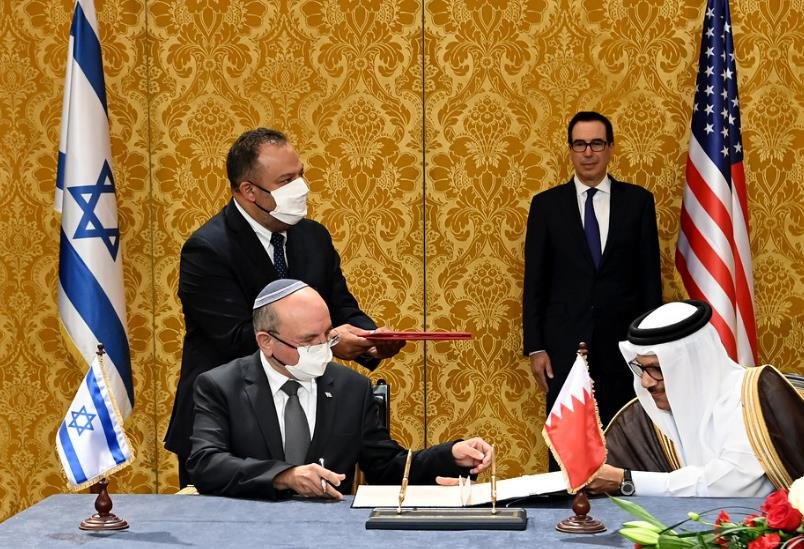In an unexpected turn of events, the Biden Administration has reportedly put a hold on a scheduled ammunition shipment to Israel. This decision comes amidst escalating tensions and complex geopolitical maneuvers, leaving Tel Aviv in the dark about Washington’s sudden change in plans.
The halt of the ammunition shipment is not just a logistical issue; it represents a nuanced shift in the diplomatic dance between the United States and Israel. With the Israeli military poised for action in Gaza, particularly in Rafah, the pause raises questions about the U.S.’s stance on the conflict and its implications for regional stability.
The Biden Administration has been a staunch supporter of Israel, providing significant military and humanitarian aid. However, this recent move suggests a possible reevaluation of strategies to ensure that U.S. aid aligns with international law and ethical considerations.

The Ripple Effect on International Relations
This development has sent ripples through the international community, highlighting the delicate balance of power and influence in the Middle East. It underscores the importance of transparent communication and aligned objectives among allies, especially when dealing with sensitive security matters.
The pause also impacts ongoing ceasefire and hostage negotiations between Israel and Hamas. With the U.S. actively involved in seeking a diplomatic resolution, the ammunition shipment’s status could serve as a leverage point or a stumbling block, depending on the evolving political landscape.
A Test of Resilience and Diplomacy
As the situation unfolds, all eyes are on the Biden Administration and the Israeli government to see how they navigate this complex scenario. The decisions made in the coming days will test the resilience of the U.S.-Israel alliance and the diplomatic acumen of both nations’ leaders.
The outcome of this episode will likely influence not only the immediate conflict in Gaza but also the broader contours of Middle Eastern politics. It is a moment that calls for strategic patience, careful negotiation, and a commitment to peace and security for all involved parties.
